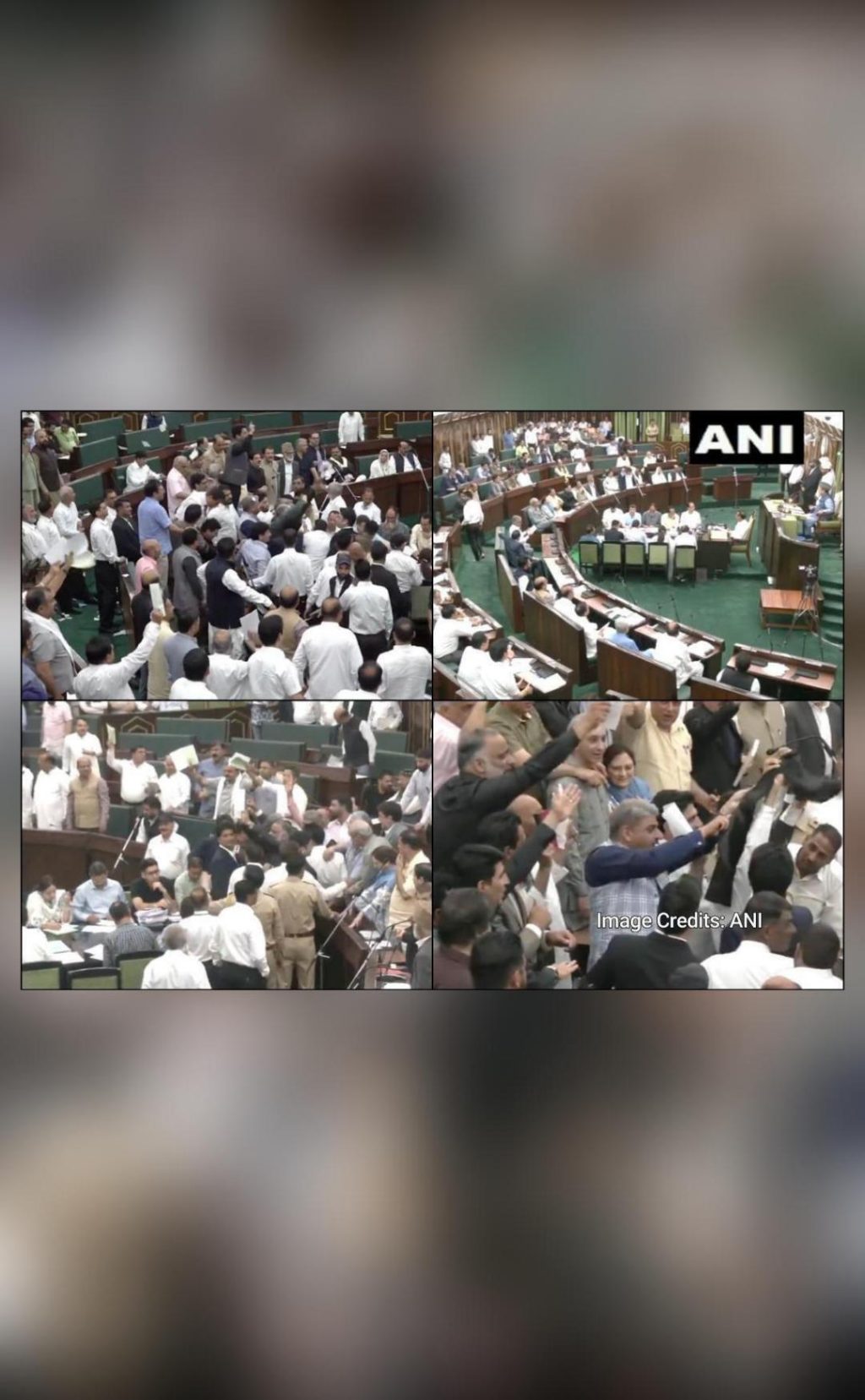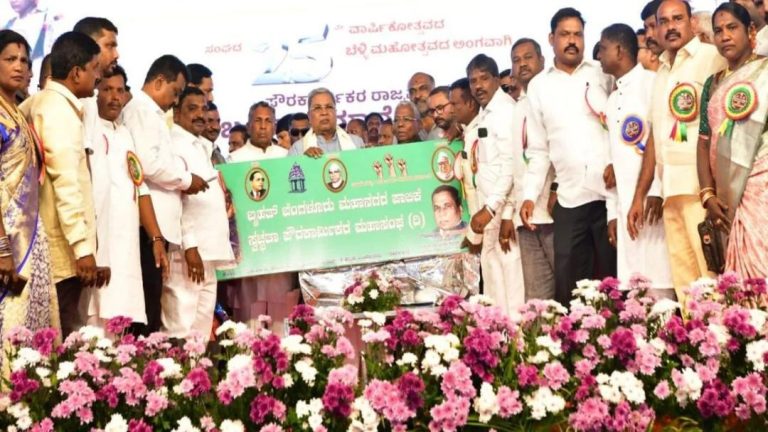
Jammu & Kashmir Assembly Adjourned Amid Uproar Over Waqf Act
The Jammu and Kashmir Assembly witnessed a dramatic turn of events on Monday when the House was adjourned amidst a heated debate over the Waqf Act. The controversy surrounding the Act has been brewing for quite some time, and the situation reached a boiling point on Monday when the Assembly Speaker, Abdul Rahim Rather, denied an adjournment motion to discuss the issue.
The National Conference (NC) MLAs had moved a motion to adjourn the Question Hour to discuss the Waqf Act, which has been criticized for allegedly favoring the Muslim community. However, the Bharatiya Janata Party (BJP) also protested the motion, demanding that the Question Hour be held as scheduled. The disagreement between the two parties led to a heated argument, ultimately resulting in the adjournment of the House.
The Waqf Act, which was passed in 2013, aims to protect and manage the Waqf properties, which are religious endowments in the state. However, the BJP has been vocal about its opposition to the Act, alleging that it is biased towards the Muslim community. The party claims that the Act allows Muslim individuals to take control of Waqf properties without any checks and balances.
The controversy surrounding the Waqf Act has been ongoing for several months, with the BJP and other opposition parties demanding that the government repeal the Act. The NC and the Congress, on the other hand, have been defending the Act, saying that it is necessary to protect the Waqf properties and ensure their proper management.
On Monday, the NC MLAs, led by the party’s president, Farooq Abdullah, moved a motion to adjourn the Question Hour to discuss the Waqf Act. However, the BJP MLAs, led by the party’s state president, Ravinder Raina, opposed the motion, saying that it was an attempt to divert attention from the real issues affecting the state.
The debate between the two parties quickly turned heated, with both sides shouting slogans and making accusations against each other. The Speaker, Abdul Rahim Rather, tried to intervene, but his efforts were unsuccessful in calming the situation. Eventually, the House was adjourned for the day.
The adjournment of the House has sparked widespread concern, with many observers saying that the controversy surrounding the Waqf Act is likely to have far-reaching consequences for the state. The BJP has been vocal about its plans to repeal the Act, and if the party is able to push through its agenda, it could lead to significant changes in the way Waqf properties are managed in the state.
The controversy surrounding the Waqf Act is not the only issue affecting the state. Jammu and Kashmir is currently grappling with a severe economic downturn, and the state government is struggling to provide basic amenities to its citizens. The state is also facing a significant migration crisis, with many young people leaving the state in search of better opportunities elsewhere.
In recent years, Jammu and Kashmir has been plagued by political instability, with several governments falling due to corruption and mismanagement. The state is in dire need of strong and effective governance, but the ongoing controversy surrounding the Waqf Act is likely to further exacerbate the situation.
In conclusion, the adjournment of the Jammu and Kashmir Assembly amid uproar over the Waqf Act is a significant development that is likely to have far-reaching consequences for the state. The controversy surrounding the Act highlights the deep divisions that exist in the state, and underscores the need for greater understanding and cooperation between different political parties.
As the state grapples with the challenges of economic stagnation, political instability, and social unrest, it is essential that the government and opposition parties work together to find solutions to the state’s problems. The controversy surrounding the Waqf Act is just one example of the many challenges that the state faces, and it is essential that all parties work together to find a way forward.



